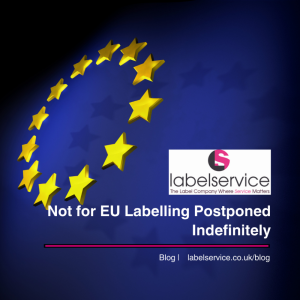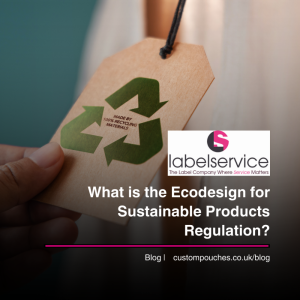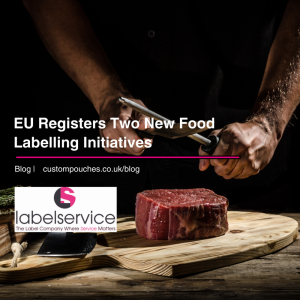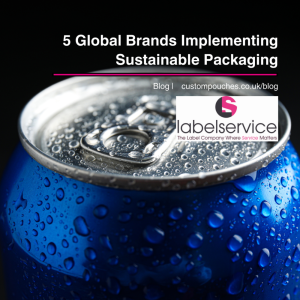Food manufacturers have been advised to avoid “free from” labels, except in cases where the food has been produced for groups of allergic people. Fedima, the Federation of EU Manufacturers and Suppliers, has cautioned suppliers, however. They have said free-from claims should ideally be avoided, although they did make an exception of gluten-free foods, because the EU covers gluten-free food under EU Regulation 1169/2011, which states that products containing fewer than 20 parts per million of gluten can be labelled as being gluten free.
This advisory is based on the lack of guidance under regulations. Traditionally, free-from foods were offered for those with allergies and food intolerances. They included wheat-free and gluten-free, but the range has expanded considerably over the past few years. However, Mintel, the UK based market research company, has said that this is no longer the case and that demand is being driven primarily by “lifestylers”. The group said that almost half of consumers are turning to gluten- and dairy-free foods, with more than a third regularly buying free-from food and drink products.
Research has shown a rise in the popularity of these food types, driven, according to a study by UK based Mintel, by consumers that buy the products as part of a lifestyle choice and not because of allergies. The group has said that manufacturers should make the changes to avoid confusion for consumers. Fedima has called for greater clarity from the EC, saying that they need to publish guidelines on what can, and what cannot, be labelled as being free from any particular allergen, in the same way that they define gluten-free products.
The UK government undertook research into whether or not free-from products needed clearer labelling and more reliable regulations in 2015, because of the lack of EU wide rules governing this area of food production.
In particular, this research looked at the term dairy-free, because it was the most popular claim of this type. The consultation paper determined that most people were aware that dairy free meant that a product was free from milk and milk derivatives, although it also noted that some people mistakenly believed that it meant that the food was free from eggs as well. Respondents to the consultation dismissed the idea of calling food “milk free”, because they said there was the potential for confusion over whether or not this included milk derivatives and also whether it included non-dairy milk alternatives, like soy milk.
Manufacturers also need to take care when including any claims on packaging. As well as free-from claims, this means that you need to take care when using terms like “natural” or “homemade”. There are no stated definitions for these terms, but research suggests that consumers do not trust food and drink that does feature these claims. Health claims, on the other hand, need to be backed up by figures that confirm the claims.
















